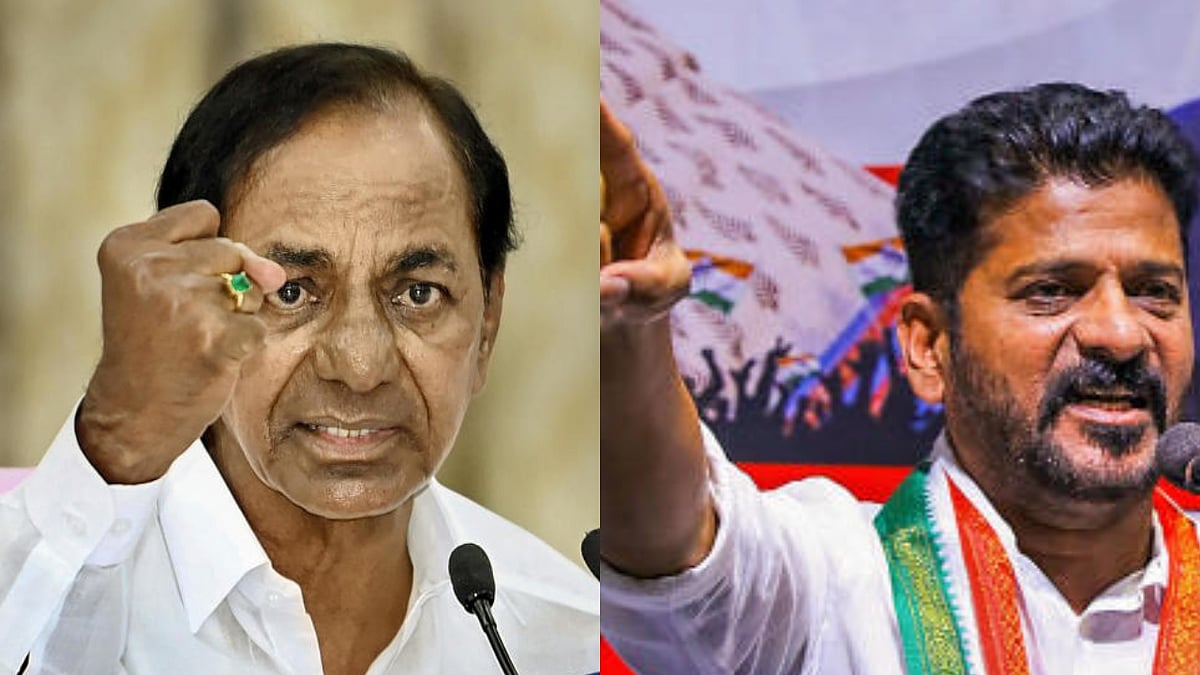The Telangana High Court’s recent directive to the state Legislative Assembly Speaker to expedite hearings on disqualification pleas filed against defected MLAs is a welcome move. This decision, led by a three-member bench headed by Justice B. Vijaysen Reddy, was born out of the assembly’s silence on disqualification petitions involving three BRS MLAs who defected to the Congress. The court’s action is a necessary course correction in Telangana’s political landscape, where defections have become a tool of convenience, used and abused by parties across the spectrum. The immediate consequence of this ruling has been a reactionary outburst from BRS MLA Kaushik Reddy. In a press conference, Reddy launched an attack on his colleague from the Sherlingampally constituency, whose claims of not joining Congress but remaining a BRS member have been met with skepticism. Reddy’s challenge—threatening to escort his colleague to the party office to publicly reiterate his loyalty—only served to heighten tensions. The provocative language used by Reddy sparked a legal response, with police quickly filing a case against him for his inflammatory remarks. What is striking here is the glaring hypocrisy at play. The BRS, which now finds itself on the defensive over defections to the Congress, was the very party that openly encouraged similar actions during its rise to power. In 2014, BRS, under K. Chandrasekhar Rao (KCR), engineered a series of defections from the Congress, TDP, and YSRCP.
These defections were not isolated incidents but were part of a broader strategy to consolidate power, reducing Congress’ representation from 17 to 6 in the 2018 assembly elections by poaching 11 of its MLAs. That, in fact led its all-weather ally AIMIM to occupy the Leader of Opposition space. The BRS, once a master of this political maneuver, is now playing the victim, crying foul over defections to the Congress under A. Revanth Reddy’s leadership. This isn’t the first time the hypocrisy has been exposed. When Congress had filed disqualification petitions against its members who defected to BRS, the High Court directed the assembly speaker to take action. Yet, KCR showed complete disregard for the court’s order, continuing to consolidate his power base through defection, unbothered by legal or ethical implications. Now, when the tables have turned, the BRS is clutching at legal straws, demanding action against its own defectors. This selective outrage is not only disingenuous but exposes the transactional nature of party loyalty in Indian politics. A stark contrast is seen in how Revanth Reddy, KCR’s political rival and current Chief Minister, has handled the defections. Unlike KCR, Revanth has refrained from rolling out the red carpet for defectors. While some BRS MLAs have switched allegiance to Congress, Revanth has made it clear that they may need to seek re-election, as he believes it is unethical to accept them without a fresh mandate from the electorate. Furthermore, he has not inducted any of the defectors into his cabinet, proving that he walks the talk. This principled stand not only strengthens his position but also highlights the difference between his approach and the brazen political opportunism of the BRS under KCR.

What makes the current scenario even more ironic is the BRS’s overzealous celebration of the High Court directive. Party members, like Kaushik Reddy, have resorted to unparliamentary language and personal attacks against those who have defected, as if forgetting their own party’s history of encouraging such defections. This double standard reflects poorly on the BRS, especially when the state is in a politically charged atmosphere. Revanth Reddy has rightly criticized the BRS for vitiating the political climate with such rhetoric. He has made it clear that his government will not tolerate personal vilification of those who have switched sides. He even directed his police chief to act tough sparing none. His approach signals a maturity and commitment to maintaining a peaceful political environment, something sorely lacking in BRS’s tactics. Looking forward, Revanth Reddy’s stance could set a new precedent in Telangana politics. By urging defectors to resign and seek a fresh mandate through bypolls, he could cement Congress’ moral high ground, while further eroding BRS’s credibility. Such a move would not only enhance Congress’ image as a party that respects democratic processes but also expose BRS’s hypocritical stance on defections. If Revanth can pull this off, it could create a significant dent in the BRS’s political fortunes, especially as the party grapples with the reality of losing members to the very defection game it once mastered. Thus far, the Telangana High Court’s directive to expedite hearings on disqualification pleas marks a critical moment in the state’s political landscape. It forces the BRS to confront the same defection politics it once wielded with impunity. The difference, however, lies in how Revanth Reddy and his Congress government are handling the situation. By maintaining an ethical and transparent stance on defections, Revanth has an opportunity to restore credibility to Telangana’s political discourse. Whether this course correction leads to a broader shift in political culture remains to be seen, but for now, it offers a glimmer of hope in an otherwise murky landscape.





